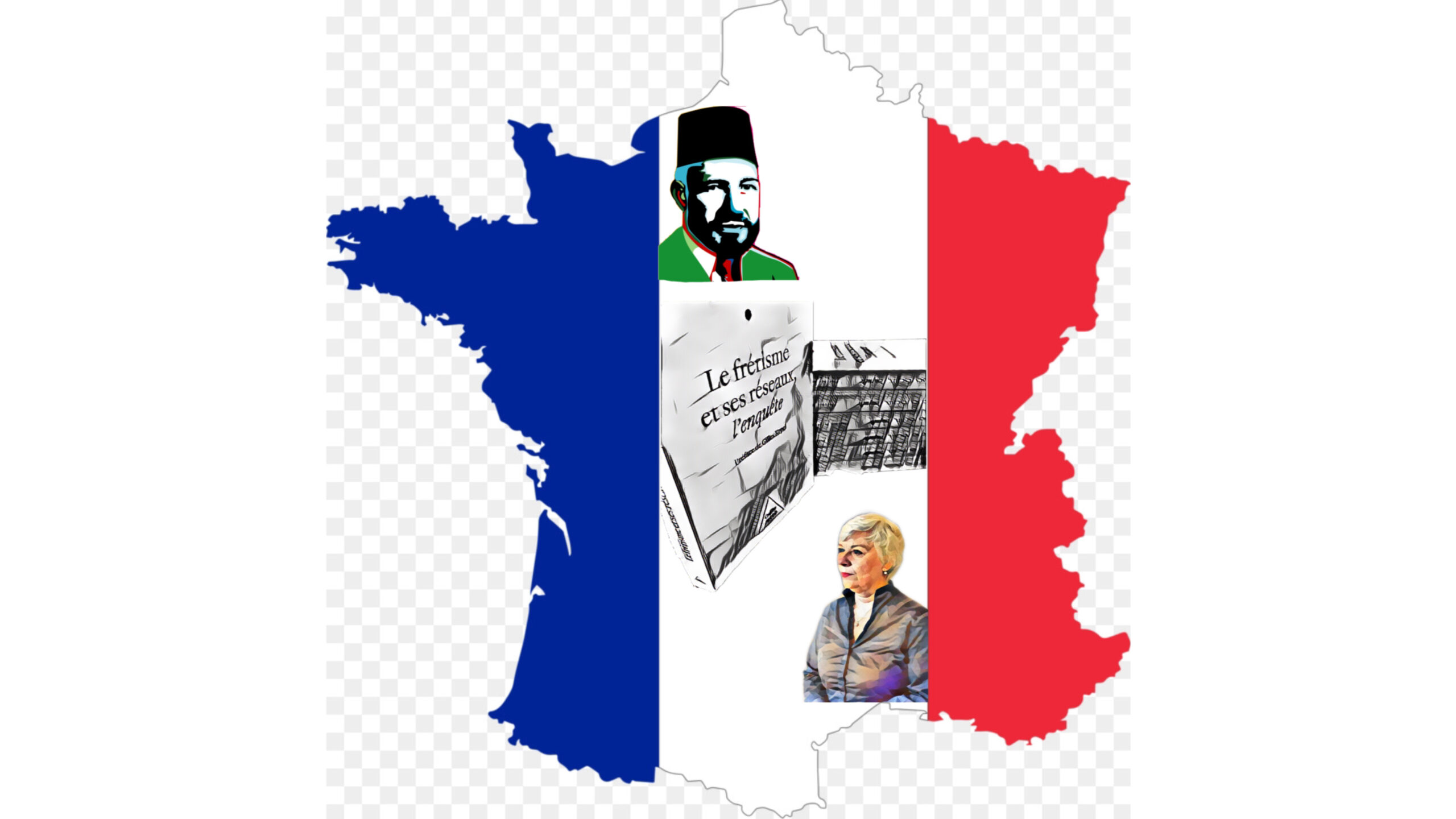In the wake of last Friday’s shootings at the Al Noor and Linwood mosques in Christchurch, commentators have sought to understand what drove the alleged perpetrator, 28 year old Australian Brenton Tarrant, to commit such a heinous act of barbarity. Ghassan Hage writes that it is, in large part, the result of ‘white nationalism’, which ‘expresses itself primarily as a sense of white entitlement.’ Furthermore, that white nationalists such as Tarrant see immigration as a destabilising force and a threat, therefore, to social cohesion. This notion of ‘white nationalism’, writes Jason Wilson, has even been normalised and humorised through the online subculture of the far right, through memes, dank humour, and racial panic, to name but a few.
Was Tarrant therefore motivated by his apparent sense of entitlement, was he motivated by a fear that immigration was undermining his chances of leading a prosperous life, or does the answer lie somewhere in between? Conversely, are the two things one and the same? Tarrant’s manifesto, ‘The Great Replacement’, seemingly offers the greatest insight into what motivated him to commit such a violent and murderous act. ‘The Great Replacement’, which borrows its name from French polemicist Renaud Camus’ Le grand remplacement, deplores Muslim immigration and includes references to President Trump being ‘a symbol of white identity and renewed purpose’. Indeed, for Tarrant, ‘the world isn’t changing, his people are losing.’ That is, by losing their countries to immigrants and their purposes in life, they are losing their identity.
Nabila Ramdani writes that it is of little surprise that Tarrant was radicalised in France, the same country from which Camus originates. Indeed, it was in a busy car park in provincial France that Tarrant wrote:
As I sat there in the parking lot, in my rental car, I watched a stream of the invaders walk through the shopping centre’s front doors. For every French man or woman there was double the number of invaders. I had seen enough, and in anger, drove out of town, refusing to stay any longer in the cursed place and headed on to the next town.
This passage arguably captures both Tarrant’s motivations and insecurities. Yes, he may have held concerns that people of European origin are becoming outnumbered in their own countries. This may have, in turn, triggered his own insecurities about his own place in the world and his own sense of self, which could, arguably, reflect what Hage believes reflects ‘a sense of white entitlement.’ Whether or not Camus should be held to account for his apparent influence on Tarrant, however, is another question with no end in sight. Camus has understandably distanced himself from Tarrant’s actions, but Ramdani and others believe that writings such as Camus’ have triggered people like Tarrant to feel justified in committing such acts of violence and barbarity.
The extent to which the likes of Camus influenced Tarrant in his actions, and the extent to which Tarrant’s own mental demons had a similar causative effect, however, are not immediately measurable. There is little doubt, however, that both played a part in motivating Tarrant and that polemicists such as Camus are likely more influential on those more inclined to commit such predatory acts.






